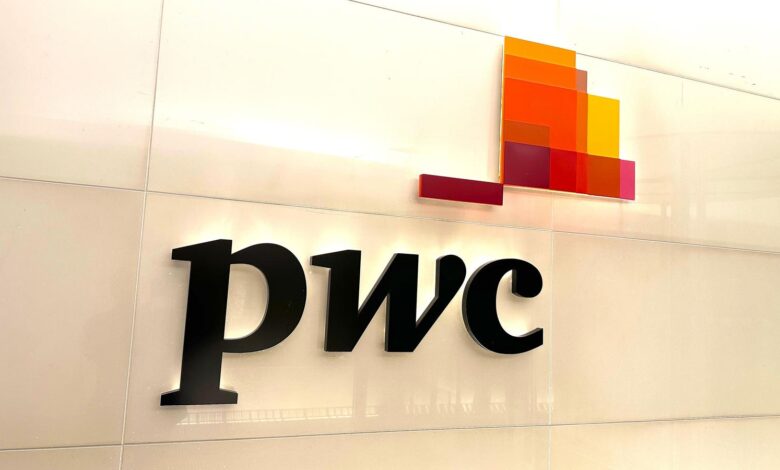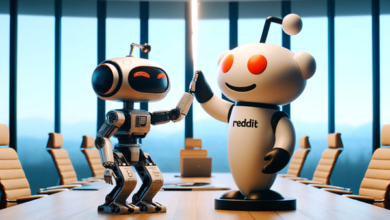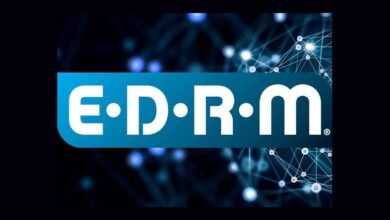OpenAI Partners With PwC As Firms Race To Adopt Generative AI

Topline
Accounting giant PwC on Wednesday announced a major deal with OpenAI that will see it resell ChatGPT to other businesses and become the largest user of the tech company’s business software, part of the Big Four firm’s AI-focused tech strategy as businesses race to take advantage of increasingly sophisticated generative artificial intelligence.
PwC has signed a deal with OpenAI to resell and use its enterprise software.
Key Facts
PwC, also known as PricewaterhouseCoopers, said its U.K. and U.S. branches have inked a deal with OpenAI to become the tech firm’s first reseller of its business-focused chatbot, ChatGPT Enterprise.
Microsoft-backed OpenAI launched the business-focused edition of its popular ChatGPT chatbot last summer as a tool designed to help large companies improve operations, grow and generate faster results.
Until the deal with PwC, companies hoping to make use of the enterprise chatbot had to reach out to OpenAI directly.
The partnership will also make PwC the largest user of OpenAI’s business product, the Big Four accounting firm claimed, noting that its U.K. and U.S. workforces will gain access “to the most powerful version of ChatGPT.”
That will reportedly bring the tool to 100,000 PwC workers, three quarters of whom are in the U.S., and the firm said it is developing custom AI tools to help workers review tax returns, develop software and generate reports.
PwC did not disclose the terms of the deal with OpenAI.
Get Forbes Breaking News Text Alerts: We’re launching text message alerts so you’ll always know the biggest stories shaping the day’s headlines. Text “Alerts” to (201) 335-0739 or sign up here.
Big Number
$1 billion. That’s how much money PwC’s U.S. branch said it planned to invest in AI over the next three years from last April.
Key Background
While businesses have made use of artificial intelligence in some capacity for decades, until recently systems have primarily focused on analysis and prediction, as well as routine manual tasks such as on production lines. While not new, recent advances in generative AI — systems that can synthesize outputs like text, video and images from various prompts — have promised to open up new frontiers in the workplace, streamlining tasks or even replacing some white collar jobs that were previously believed to be safe from automation. OpenAI’s release of ChatGPT in 2022 accelerated the uptake of generative AI and pushed a range of companies from upstarts like Anthropic to Big Tech titans like Google, Meta and Amazon to hurriedly deploy and improve models of their own, releasing advanced business versions alongside more limited models available to the public. Many companies have been swift to adopt the technology and PwC said use cases illustrating generative AI’s utility are growing fast, adding that it has already identified over 3,000 internal cases that are “driving an end-to-end transformation within our own business” that “represents endless potential applications for clients.”
Forbes Valuation
Altman has an estimated net worth of $1 billion. He has no equity in OpenAI and instead owes his fortune to a series of lucrative investments, including stakes in fintech darling Stripe, Reddit and nuclear fusion venture Helion. Altman is a prolific investor and prior to cofounding OpenAI, he founded social mapping company Loopt and was a partner and president at storied startup accelerator Y Combinator.



